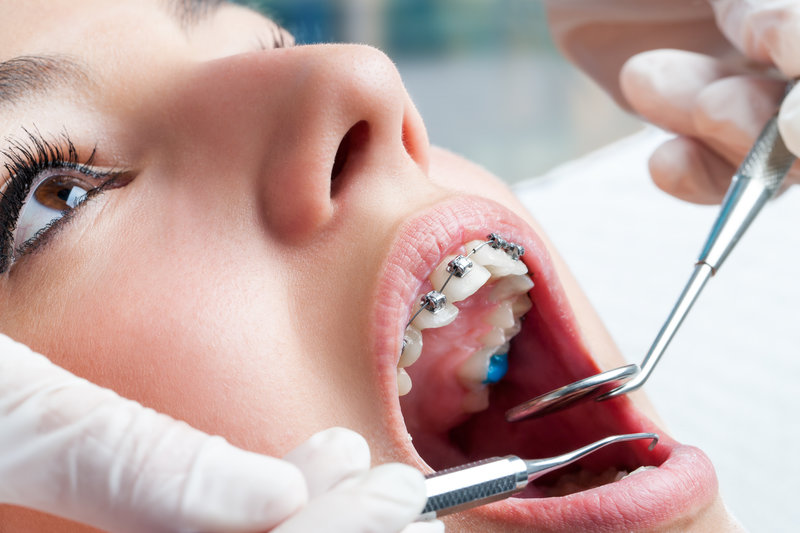Early dental care is crucial for children’s health. Establishing good habits now helps prevent issues later. A dentist in Western Springs highlights this need. Understanding why early care matters can make a big difference.
First, early visits teach children that dental care is a normal part of life. Dentists help build positive experiences, which can reduce fear. Second, they can spot problems early. Treating them right away can avoid more serious issues. Third, dentists provide guidance on daily habits. This includes brushing, flossing, and even diet recommendations.
Children’s teeth are developing and require special attention. Baby teeth set the stage for adult teeth. Proper care helps ensure they grow strong and healthy. Cavities and other dental problems can affect speech and eating. Early dental care ensures any issues are addressed promptly. Regular check-ups support overall health and well-being. By taking these steps, parents help set their children on a path to lifelong dental health.
Building Habits Early
Introducing dental care early helps form lifelong habits. Kids learn the importance of brushing twice a day. They understand that flossing is essential. These habits, when started young, often continue into adulthood. Early dental visits create a routine. This makes future visits less intimidating.
According to the Centers for Disease Control and Prevention (CDC), tooth decay is one of the most common chronic conditions in children. With early dental care, the risk of decay decreases significantly. Regular visits catch any early signs of decay. This prevents more severe issues that can affect a child’s health.
Preventing Future Problems
Early dental care is preventive. It addresses potential problems before they become major issues. Regular check-ups help monitor the development of teeth. They ensure that teeth are growing correctly. Dentists can intervene if something is amiss.
Early treatment is often simpler and less invasive. It is also less costly than treating advanced dental issues. For example, addressing minor misalignments early can prevent the need for braces later. Early care supports overall health. Oral health is linked to other health conditions. This includes heart disease and diabetes. Keeping teeth and gums healthy contributes to overall well-being.

Addressing Common Misconceptions
Some believe that baby teeth are not important. This is a misconception. Baby teeth hold space for adult teeth. They aid in proper speech development and chewing. Losing baby teeth too early can impact these functions. It can also affect the alignment of permanent teeth.
Another common belief is that children do not need to see a dentist until they are older. The American Dental Association (ADA) recommends that children should see a dentist by their first birthday. Early visits provide a strong foundation for oral health.
Comparison of Dental Care Stages
| Age Group | Dental Care Focus | Benefits |
|---|---|---|
| 0-3 Years | Introduction to brushing, first dental visit | Builds familiarity, prevents early decay |
| 4-6 Years | Regular check-ups, reinforcing brushing and flossing | Ensures healthy baby teeth, teaches routine care |
| 7-12 Years | Monitoring for orthodontics, addressing any decay | Prepares for healthy adult teeth, prevents future misalignments |
Role of Parents in Dental Care
Parents play a crucial role in their child’s dental health. They model behaviors such as regular brushing and flossing. Encouraging a healthy diet also supports dental health. This includes limiting sugary snacks and drinks. Parents should schedule regular dental visits. This helps reinforce the importance of dental care.
Understanding what to expect in a dental visit can ease anxiety. A typical visit includes cleaning, examination, and sometimes X-rays. Dentists discuss any concerns and provide guidance. Parents should feel comfortable asking questions. This ensures they have the information needed to support their child’s oral health.
Conclusion
Early dental care is an investment in a child’s future. It lays the groundwork for healthy habits and prevents future problems. By understanding the importance of early dental visits and encouraging good habits, parents support their children’s overall health and well-being. Taking these steps ensures children have a bright, healthy smile for years to come.




